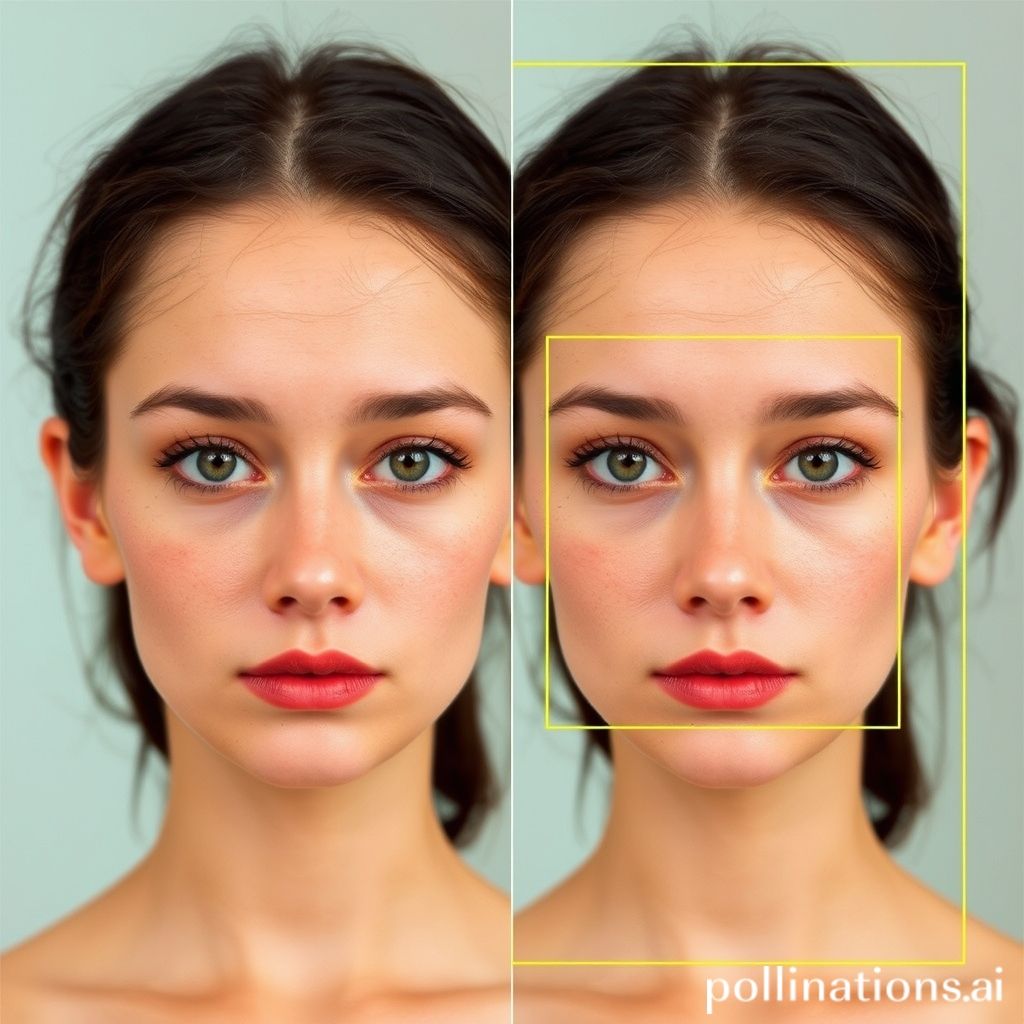Are We Living in a Simulation? Is Anything actually true?
Exploring the Simulation Hypothesis and Its Connection to Science and Theology
Introduction
The idea that our reality might be a sophisticated simulation has gained significant traction in both scientific and philosophical circles. The simulation hypothesis suggests that the universe, and everything within it, could be an intricate construct, similar to virtual worlds created by advanced civilizations.
This theory raises profound questions: Who or what might be orchestrating this simulation? Could it be beings akin to gods or a Type 7 civilization with unimaginable technological capabilities? Such a possibility bridges the realms of science and theology, offering a new perspective on the nature of our existence.
In my blog, "Science Might Prove the Existence of Gods", I delved into how scientific advancements might indirectly point towards the existence of a divine or hyper-intelligent presence. This discussion serves as a perfect foundation for exploring the simulation hypothesis further.
The Nature of Reality and Its Mysteries
Reality, as we perceive it, is an intricate web of complexity, both vast and minute. From the boundless expanses of the universe to the invisible realms of subatomic particles, every layer reveals an astonishing degree of detail and order. For instance, the expanding universe continually fascinates scientists, with its galaxies moving further apart in a dance dictated by dark energy. Similarly, theories like string theory propose that the fundamental building blocks of reality are not particles, but vibrating strings, offering a tantalizing glimpse into the universe's potential design.
In the microscopic domain, advancements in particle physics unveil mysteries like quasiparticles—emergent phenomena that behave like particles but exist only within specific systems. The discovery of the Higgs boson, often called the "God particle," has further deepened our understanding, yet it opens more questions about mass and the nature of existence itself.
Each breakthrough in research seems to uncover more layers of mystery, creating a sense of infinite regression. The search for the smallest building block of matter moves from atoms to electrons, quarks, and now to hypothetical entities like strings. Similarly, on the macroscopic scale, the vastness of space and the complexities of dark matter and dark energy continue to evade definitive answers. This endless expansion of questions and discoveries suggests a reality so meticulously layered that it almost hints at intentional design.
The Simulation Hypothesis
The simulation hypothesis posits that our reality is not the fundamental, physical world we believe it to be but rather an artificial simulation created by an advanced intelligence. This concept gained widespread attention through the works of philosophers like Nick Bostrom, who suggested that if a civilization reaches a sufficiently advanced technological stage, they could simulate entire universes with conscious beings. Could we be living in such a simulation, created by entities far beyond our comprehension?
This idea aligns with the concept of a Type 7 civilization on the Kardashev scale. While the scale originally caps at Type 3 (a civilization harnessing the energy of an entire galaxy), theorists have speculated about higher levels of advancement. A Type 7 civilization would control not just galaxies but entire universes, wielding computational power so immense that simulating billions of realities would be trivial. For such beings, creating our universe could be as simple as running a complex open-world game.
Theological narratives often describe gods as creators who shape existence, provide laws, and observe their creations. The simulation hypothesis mirrors this idea, proposing that these advanced beings—or "gods"—might have constructed our reality for purposes unknown to us. Perhaps they are conducting experiments, exploring possibilities, or even entertaining themselves. This perspective reimagines divine creation as an act of technological prowess rather than mystical intervention.
Could we, then, be sophisticated AI entities in a vast, open-world simulation, akin to the NPCs (non-player characters) in games like GTA? Our seemingly autonomous actions, guided by what we perceive as "free will," could be the result of highly advanced algorithms designed to simulate human-like intelligence. The simulation could even endow us with what we call quantum consciousness, a phenomenon that gives rise to self-awareness and the illusion of a soul. If this is true, the "soul" might be a unique construct of this simulation—an algorithmic miracle we don't yet understand. This idea offers a new dimension to the age-old question of what makes us human and spiritual.
While the thought of being a plaything for advanced beings or gods may seem disheartening, it also challenges us to reevaluate our place in the cosmos. Are we merely "characters" in a cosmic game, or could our experiences, emotions, and decisions carry significance within the simulation's framework? This is a fascinating line of thought that warrants further exploration in another discussion, where we delve deeper into the connection between quantum consciousness and the idea of a "soul."
Scientific Parallels and Supporting Evidence
The simulation hypothesis finds intriguing support in modern scientific theories. In quantum mechanics, the concept of observer-dependent realities—where particles exist in multiple states until observed—suggests a universe that behaves like a programmed simulation. Similarly, string theory’s proposition that all matter consists of vibrating strings closely resembles computational codes, hinting at an underlying design.
These scientific advancements blur the boundary between divinity and advanced intelligence. As discussed in my blog, "Science Might Prove the Existence of Gods", this growing intersection between science and theology raises profound questions about the nature of our existence and the possibility of a creator—be it a god or an advanced civilization.
Philosophical Implications
The simulation hypothesis challenges some of humanity’s deepest philosophical beliefs, particularly those surrounding free will and the purpose of existence. If our reality is a simulation, it raises a critical question: Is our autonomy genuine, or are our decisions preprogrammed by the creators of this simulation? What we perceive as "free will" may be an illusion—a set of advanced algorithms dictating our actions, while we believe ourselves to be independent agents.
The question of purpose becomes equally compelling. Why would a creator—whether a god-like being or an advanced civilization—construct a simulated universe? Possible motives could range from scientific curiosity and experimentation to teaching moral or philosophical lessons. Alternatively, we could exist purely for their entertainment, much like a sophisticated, open-world game designed for exploration and interaction. In such a case, the intricate details of our universe might serve to enrich their experience rather than ours.
These ideas also resonate strongly with theological concepts of creation and control. Many religions describe a divine creator who shapes the universe with intention and purpose, governing its inhabitants with omnipotence. The simulation hypothesis provides a modern, technological lens through which to view these traditional beliefs, suggesting that gods might be creators not of flesh and blood but of advanced computational realities.
Ultimately, this perspective urges us to rethink existential questions: If we are part of a designed reality, can our lives still hold meaning? Does the intent of the creators—be it experimentation, teaching, or entertainment—diminish or enhance our significance? These are profound questions that blur the lines between philosophy, science, and theology, offering endless avenues for exploration and debate.
Why We May Never Know
The simulation hypothesis, while compelling, confronts us with the unsettling possibility that definitive proof of its truth may forever elude us. One of the primary reasons for this is the potential for the simulation itself to be designed in such a way that detection is impossible. If the creators of this reality are advanced enough to simulate an entire universe, it’s plausible they could also encode mechanisms to prevent the inhabitants of the simulation—us—from uncovering its true nature.
Another barrier to knowing lies in our inherent perceptual and intellectual limitations as beings confined within the system. Just as characters in a video game cannot comprehend the programming and hardware that define their world, we may lack the cognitive or sensory tools to perceive the structures underpinning our reality. Our understanding is shaped by the rules of the system we live in, which may prevent us from even asking the right questions.
Examples from modern science highlight this predicament. Subatomic research, for instance, continually reveals how elusive and enigmatic reality becomes as we probe deeper. The discovery of the Higgs boson, while a monumental achievement, left many questions unanswered, such as why mass exists in the way it does. Similarly, string theory, a leading candidate for a theory of everything, posits that the universe is made of tiny vibrating strings, yet direct evidence for these strings remains out of reach due to their minuscule size.
These scientific mysteries mirror the challenges of proving the simulation hypothesis. The deeper we dig, the more intricate and elusive the answers seem to become, creating an infinite regression of questions. Is this complexity a natural feature of the universe, or could it be a deliberate design choice by the simulation's creators to keep us searching without ever finding definitive answers? This question may never be resolved, leaving us to wonder if our curiosity itself is part of the simulation’s design.
Ultimately, the notion that we may never know the true nature of our existence is both humbling and thought-provoking. It challenges us to accept the limits of our understanding while continuing to explore the mysteries of the universe, perhaps hoping that one day, a breakthrough might pierce the veil—or at least offer us a deeper appreciation of the complexity around us.
Conclusion
The simulation hypothesis remains one of the most intriguing ideas of our time, blurring the lines between science, philosophy, and theology. It challenges our perceptions of reality and forces us to ask profound questions about the nature of existence, free will, and purpose. Could our reality be the creation of an advanced civilization or even entities we might call gods? These possibilities invite us to view our existence from entirely new perspectives.
The interplay between science and theology in this context is particularly fascinating. Scientific discoveries, such as the behavior of quantum particles or the elegant structures proposed by string theory, hint at a deeper, possibly intentional design. At the same time, theological narratives provide frameworks to interpret this potential design as the work of creators with motives beyond our understanding. The simulation hypothesis acts as a bridge between these domains, offering a modern lens through which to explore ancient questions about life and creation.
As we continue to explore these ideas, the boundaries of our knowledge and imagination expand. For readers interested in delving further into the fascinating relationship between science and the divine, I encourage you to read my blog, "Science Might Prove the Existence of Gods". It offers additional insights into how scientific advancements might support the idea of divine or hyper-intelligent creators, setting the stage for further exploration of the simulation hypothesis.
Ultimately, whether we are the architects of our own destiny or the creation of something far greater, pondering these questions enriches our understanding of the universe and our place within it. The journey to uncover the truth, even if it remains elusive, is a meaningful pursuit in itself.
Written by Aryan Singh.

